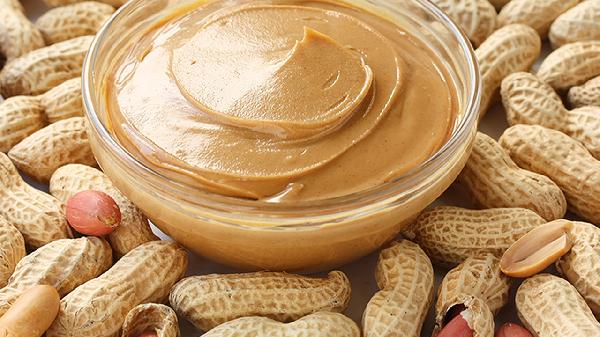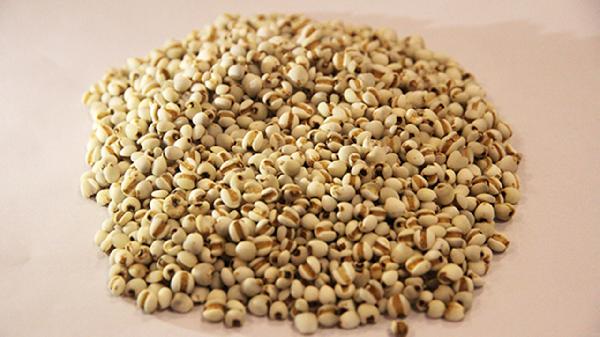Peanuts, hailed as "plant meat," are widely cultivated and consumed in our country. They are not only delicious but also highly nutritious, containing various components beneficial to the human body. However, peanuts are not suitable for everyone, and certain groups of people need to be particularly cautious when consuming them. This article will provide a detailed introduction to the nutritional value of peanuts and the six types of people who should avoid eating them.

一、The Nutritional Value of Peanuts
1. Rich in Protein: Peanuts contain a large amount of protein, second only to meat, making them an excellent protein source for vegetarians.
2. High Fat Content: The fat in peanuts is primarily unsaturated fatty acids, which are beneficial for cardiovascular health.
3. Abundant in Minerals: Peanuts contain minerals such as calcium, iron, zinc, and selenium, which help strengthen bones and boost immunity.
4. Diverse Vitamins: Peanuts contain vitamins A, B-complex, and E, which help maintain normal physiological functions.
5. Dietary Fiber: Peanuts are rich in dietary fiber, which is beneficial for intestinal health and helps prevent constipation.
6. Antioxidants: Peanuts contain antioxidants like resveratrol, which have anti-aging and antioxidant effects.
二、Six Types of People Who Should Avoid Peanuts
1. People with Allergies: Some individuals may have allergic reactions to peanut protein, experiencing symptoms like itching, redness, and diarrhea after consumption.
2. People with Gout: Peanuts have a high purine content, and excessive intake can lead to elevated uric acid levels, worsening gout symptoms.
3. People with Gastrointestinal Diseases: Peanuts are rich in fat, and their strong satiety can burden the digestive system, leading to indigestion in those with gastrointestinal issues.
4. People on a Diet: Peanuts are high in fat and calories, and excessive consumption can lead to calorie surplus, affecting weight loss efforts.
5. People with Hypertension and Hyperlipidemia: The high fat content in peanuts can lead to fat accumulation, exacerbating symptoms of high blood pressure and high cholesterol.
6. Children and the Elderly: The digestive systems of children and the elderly are relatively weaker, and excessive consumption of peanuts can easily cause indigestion.
三、Consuming Peanuts in Moderation
Although peanuts are highly nutritious, the aforementioned six groups should be particularly cautious when consuming them. Eating peanuts in moderation allows one to enjoy their nutritional benefits while avoiding unnecessary strain on the body. In terms of dietary pairing, it is also important to pay attention to the cooking methods of peanuts, avoiding high-fat, high-salt methods like frying and roasting, which can negatively impact health. Steaming or boiling peanuts is recommended to preserve their natural flavor while reducing the burden on the body.
Summary: Peanuts are highly nutritious and suitable for most people. However, individuals with allergies, gout, gastrointestinal diseases, those on a diet, people with hypertension or hyperlipidemia, as well as children and the elderly, should be particularly cautious when consuming peanuts. Eating peanuts in moderation and paying attention to cooking methods can help one enjoy the deliciousness of peanuts while safeguarding their health.
























